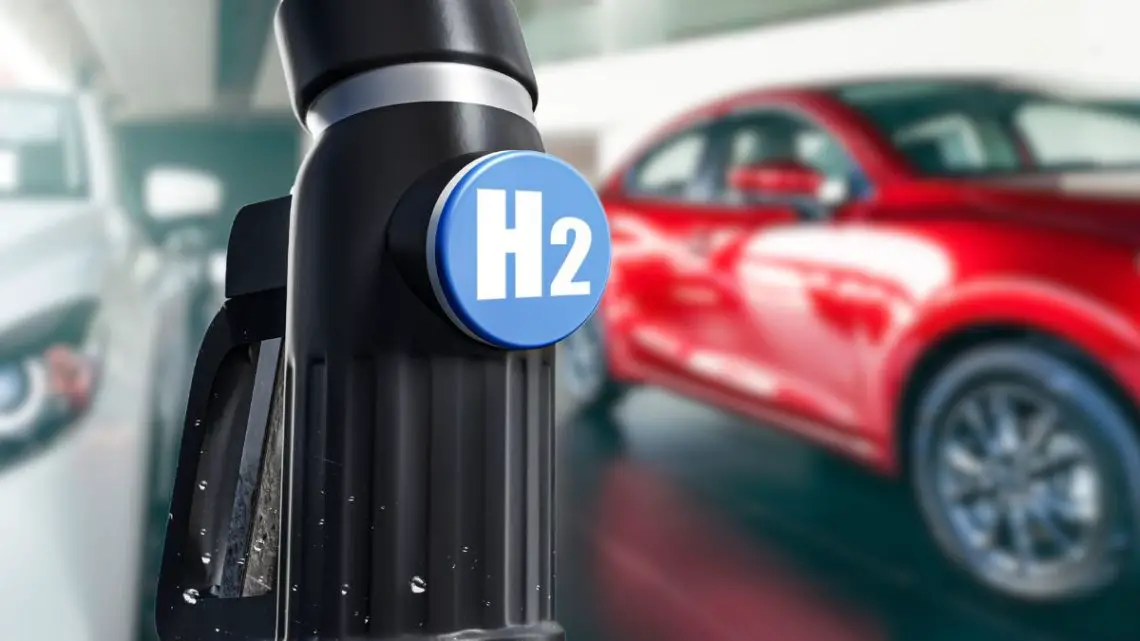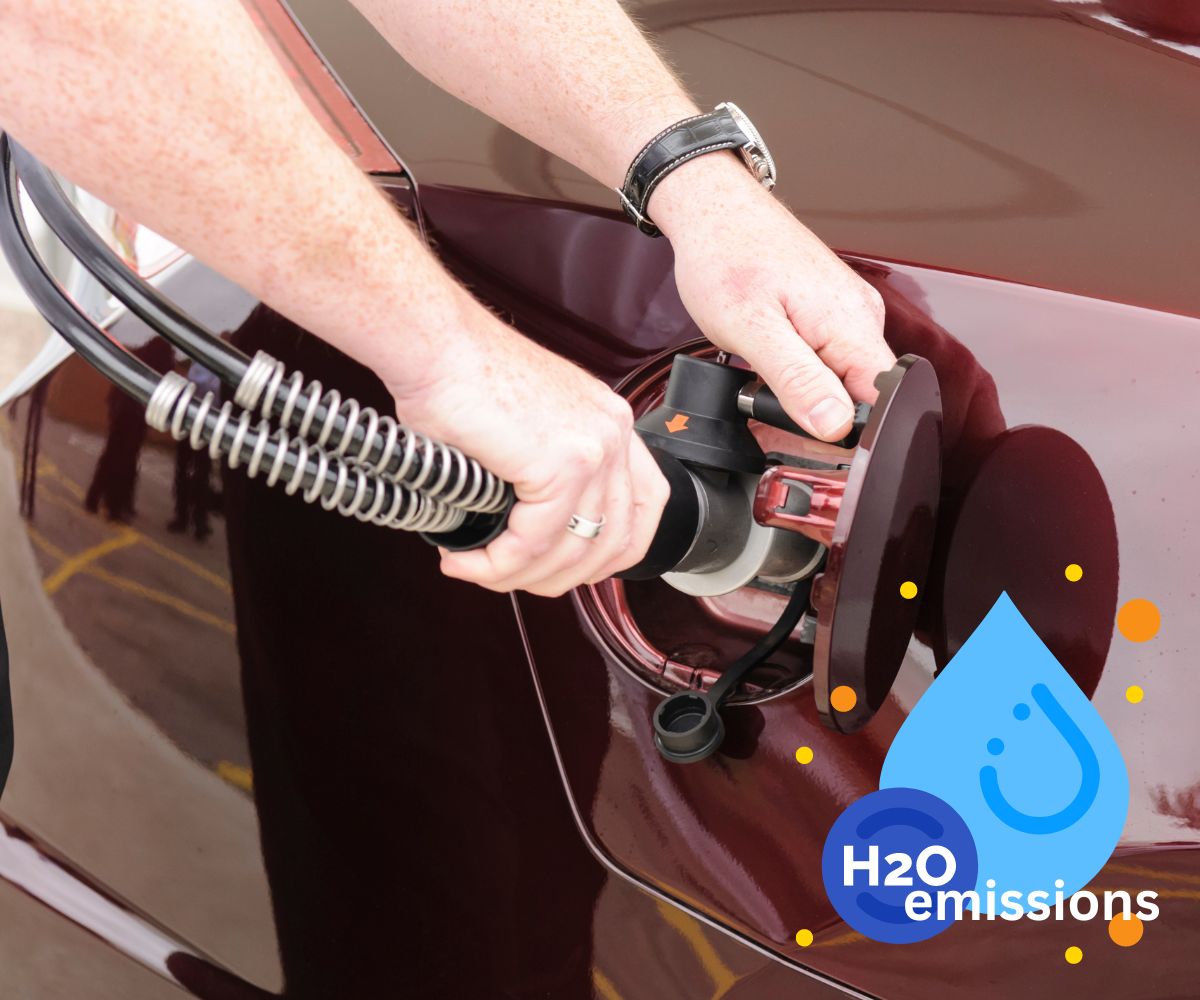
What Are Hydrogen Fuel Cars and Why You Should Purchase One?
February 1, 2024In the pursuit of sustainable and eco-friendly transportation, hydrogen fuel cars have emerged as a promising alternative to traditional gasoline-powered vehicles. These innovative automobiles harness the power of hydrogen gas to generate electricity, emitting only water vapor and heat as byproducts.
The growing interest in reducing carbon footprints and combating climate change has sparked increased attention on hydrogen fuel cell technology. Here are the features and benefits of hydrogen fuel cars and why making the switch might be a game-changer for both individuals and the planet.
Clean Energy Revolution
At the heart of hydrogen fuel cars is the promise of a clean energy revolution. Unlike internal combustion engines, fuel cells convert hydrogen gas into electricity through a chemical process, producing zero harmful emissions. This marks a significant stride towards mitigating air pollution and reducing the transportation sector’s contribution to global greenhouse gas emissions. Moreover, the environmental benefits extend beyond tailpipe emissions. Hydrogen fuel production, when sourced from renewable energy, ensures a holistic reduction in the carbon footprint associated with vehicle operation.
Efficiency and Performance
Hydrogen fuel cars boast remarkable efficiency and performance. These vehicles offer longer ranges compared to electric counterparts, making them a viable option for those concerned about battery range limitations. Additionally, hydrogen fuel cells provide consistent power output, ensuring a smooth and reliable driving experience.
The average EPA-rated range of these vehicles falls between 300 miles and more. For instance, the latest generation Toyota Mirai can travel up to 650 km on a single tank of hydrogen, with some test models even achieving a staggering 845 miles. Other examples include models like the BMW iX5 Hydrogen, which boasts a range of approximately 504 kilometers per refueling. These ranges are comparable to conventional internal combustion engine vehicles, and refueling hydrogen cars takes about the same time as refilling a traditional car with gasoline. Plus, they perform great in even the coldest weather! This makes them an increasingly viable option for sustainable transportation
As technology advances, improvements in fuel cell efficiency and energy density continue to enhance the overall performance of these eco-friendly vehicles. The efficiency of hydrogen fuel cells translates into a driving experience that aligns with the expectations of modern consumers.
Transporting Hydrogen Fuel Cars
If you want to purchase a hydrogen fuel car, make sure to check for a reliable car transport service. The transportation of hydrogen fuel cars requires precision and expertise to guarantee the safety of both the vehicle and those involved in the logistics. High-pressure hydrogen tanks demand specialized handling, and a reliable transport service understands the intricacies involved in ensuring the secure transit of these advanced vehicles.
Challenges and Infrastructure Development
While the potential benefits of hydrogen fuel cars are evident, challenges persist, particularly in the form of infrastructure. The limited availability of hydrogen refueling stations poses a hurdle for widespread adoption. Governments and private sectors worldwide must invest in expanding the infrastructure to make hydrogen readily accessible, addressing a key concern for potential buyers. Infrastructure development is a critical aspect of realizing the full potential of hydrogen fuel cars. Collaborative efforts from governments, energy companies, and automakers are essential to create a network of refueling stations that spans urban and remote areas.
Economic Considerations
The economic landscape plays a pivotal role in the adoption of hydrogen fuel cars. Initial costs may be a deterrent, but over time, as technology matures and production scales up, prices are expected to decline. Moreover, governments in various countries offer incentives, tax credits, and subsidies to encourage the purchase of eco-friendly vehicles, making hydrogen fuel cars more economically attractive. As the production scale of hydrogen fuel cars increases, economies of scale come into play, eventually leading to a reduction in manufacturing costs.



 With over 15 years of reporting hydrogen news, we are your premier source for the latest updates and insights in hydrogen and renewable energy.
With over 15 years of reporting hydrogen news, we are your premier source for the latest updates and insights in hydrogen and renewable energy.